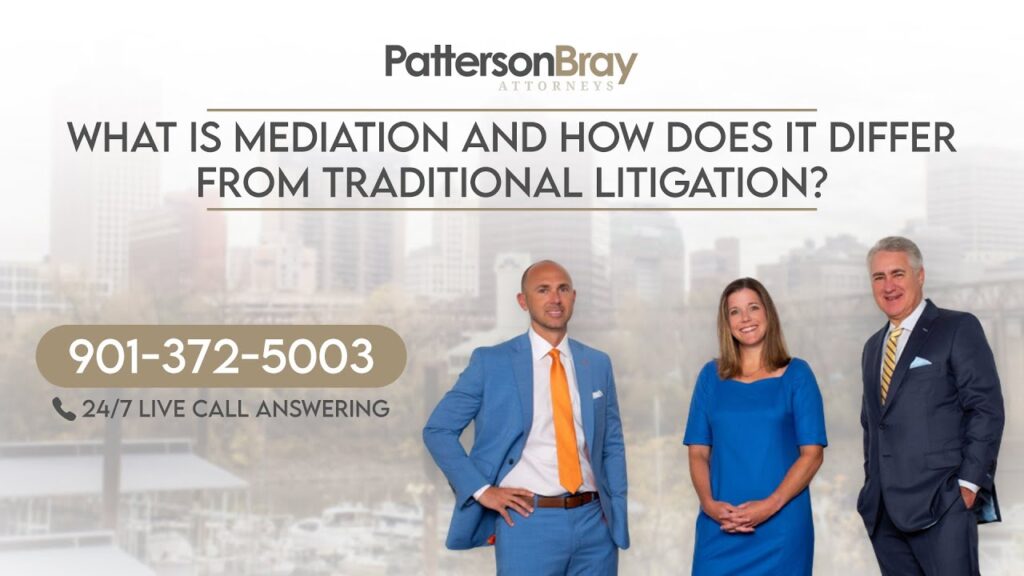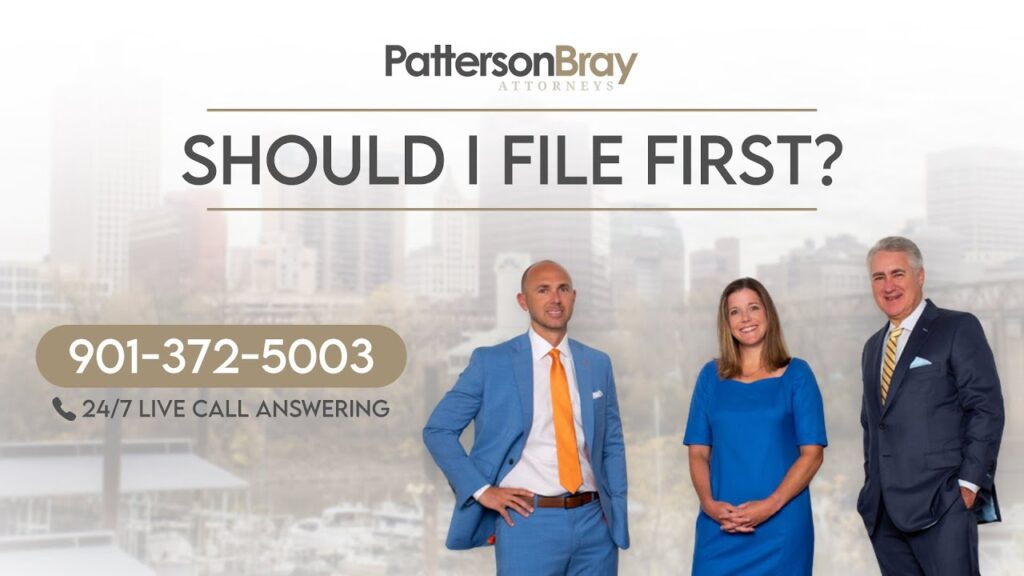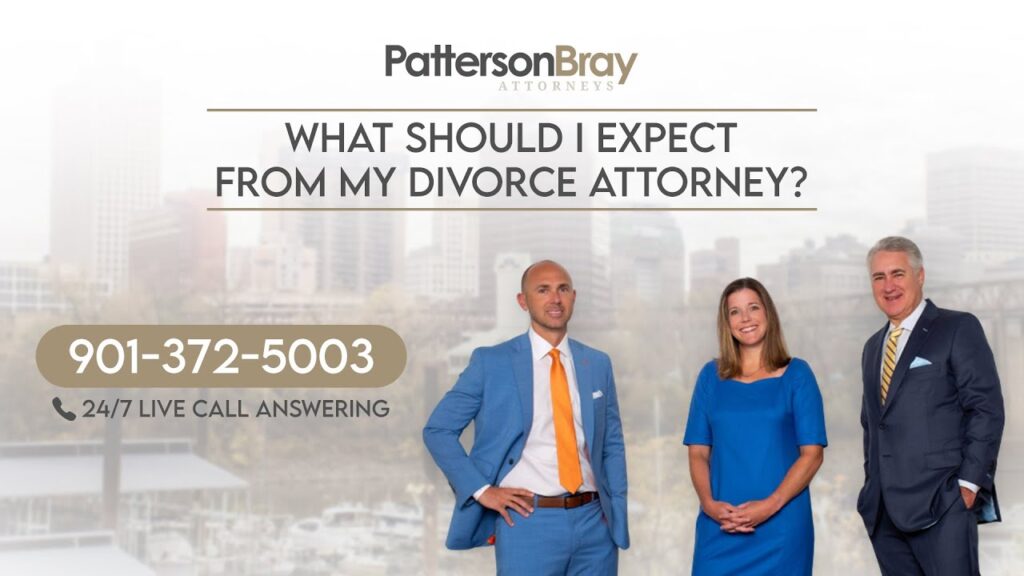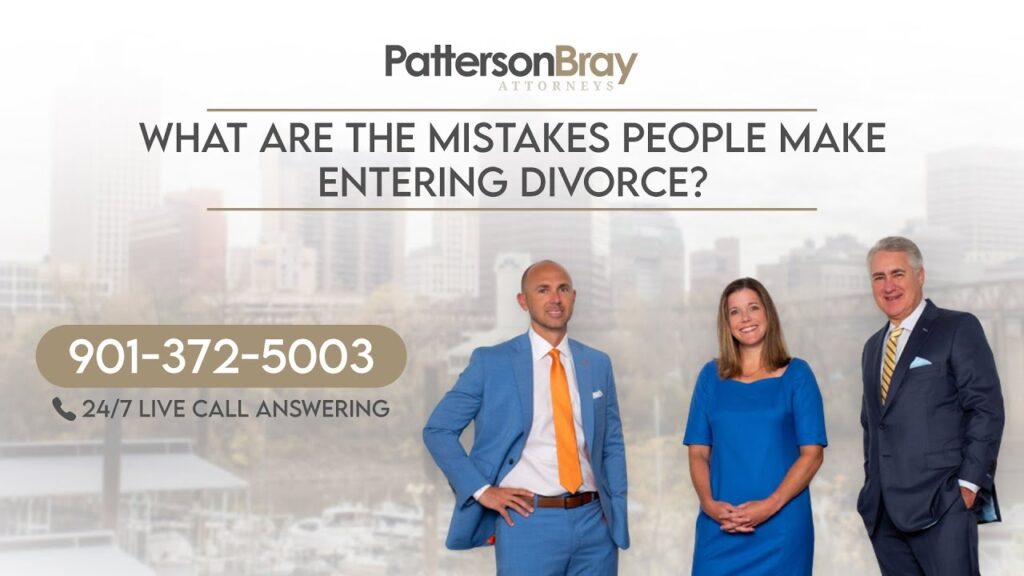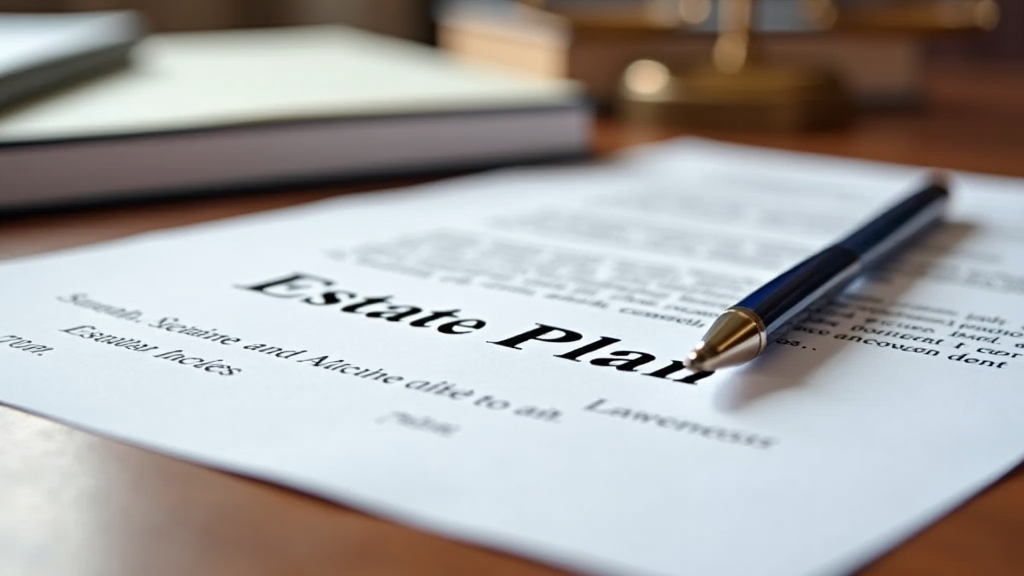Can you provide an overview of the different areas within family law? – Patterson Bray PLLC
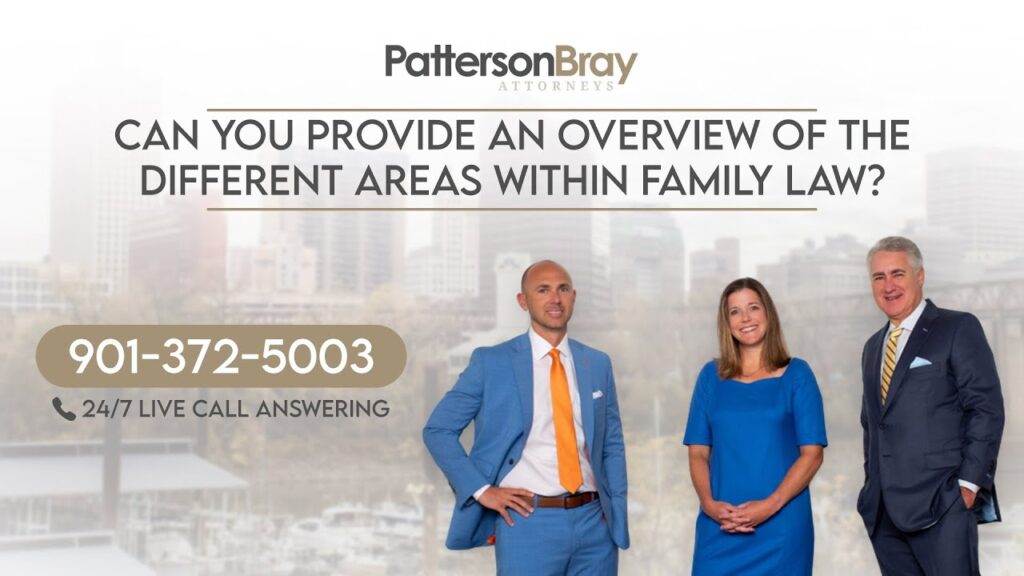
Transcript: 00:00:01 [Music] when it comes to family law the thing that most people think about is divorce divorce includes division of marital assets marital debts alimony and when...
Read More Continue Reading


